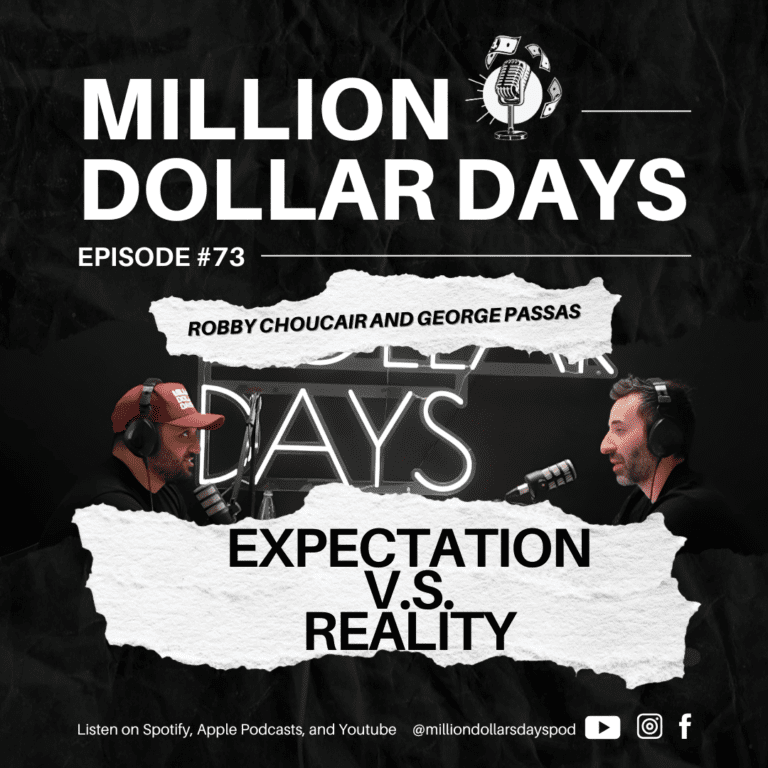Have you ever experienced the strange phenomenon where recovering from a loss feels better than never having lost in the first place? This fascinating psychological effect was perfectly illustrated in a recent experience where I nearly lost $940 on a LinkedIn job ad. After discovering the charge, I spent an anxious hour working with LinkedIn’s customer support team, only to have the entire amount refunded. The result? I felt elated—far more excited than if I’d made $940 from a new client.
This peculiar joy of recovery versus gain speaks to a fundamental aspect of human psychology: our expectations shape our happiness far more than our actual circumstances. Consider your car starting each morning. You don’t celebrate this daily miracle because you expect it to happen. But when your car fails to start and then finally roars to life, you experience disproportionate joy despite ending up in the same position you expected to be in originally.
This principle extends to all areas of life—from health to business to relationships. When someone experiences a health scare, everything else—deadlines, meetings, reports—suddenly becomes insignificant. The priorities shift instantly. After the crisis passes, there’s often a brief period of profound gratitude for simply being healthy, something that was taken for granted mere hours before. As the saying goes, “A healthy person has a thousand wishes; an unhealthy person has just one.”
In business, this expectation management becomes particularly critical when dealing with employees and performance standards. Setting high expectations creates an environment where excellence is the norm rather than the exception. As was discussed, having A-grade players who consistently meet high standards is preferable to C-grade players who meet low ones. The risk lies in becoming complacent with mediocrity or, conversely, never acknowledging achievement because the bar keeps moving higher.
The challenge, then, becomes finding balance between gratitude and ambition. How do we maintain high standards while appreciating what we have? How do we stay hungry for growth without becoming perpetually dissatisfied? This delicate equilibrium between contentment and drive represents one of life’s most important personal development challenges. Being “always grateful, never satisfied” might be the perfect formula—acknowledging your blessings while continuing to push boundaries.
Reality TV shows like Beast Games demonstrate these principles in action. Contestants make difficult choices about money and loyalty, revealing much about human nature and decision-making under pressure. The most successful contestants balance strategy with authenticity, understanding when to make hard choices and when to play the long game. Sound familiar? It’s the same balance we all try to strike in our professional and personal lives.
Ultimately, understanding the psychology of our expectations gives us greater control over our happiness. By consciously managing what we expect from ourselves, others, and circumstances, we can avoid the hedonic treadmill that keeps us chasing the next goal without appreciating our current position. Perhaps true wisdom lies in deliberately creating moments of loss and recovery—purposefully lowering our expectations temporarily so we can experience the joy of exceeding them, all while maintaining a long-term vision of growth and excellence.
